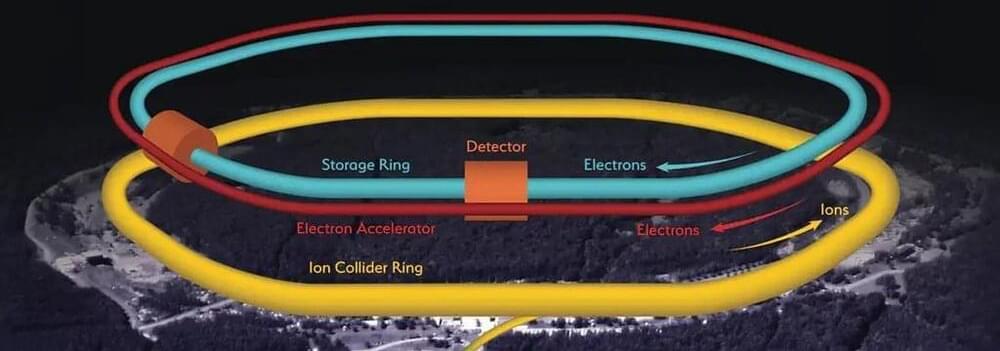When the Nobel Prize-winning US physicist Robert Hofstadter and his team fired highly energetic electrons at a small vial of hydrogen at the Stanford Linear Accelerator Center in 1,956 they opened the door to a new era of physics.
Until then, it was thought that protons and neutrons, which make up an atom’s nucleus, were the most fundamental particles in nature.
They were considered to be ‘dots’ in space, lacking physical dimensions. Now it suddenly became clear that these particles were not fundamental at all, and had a size and complex internal structure as well.
